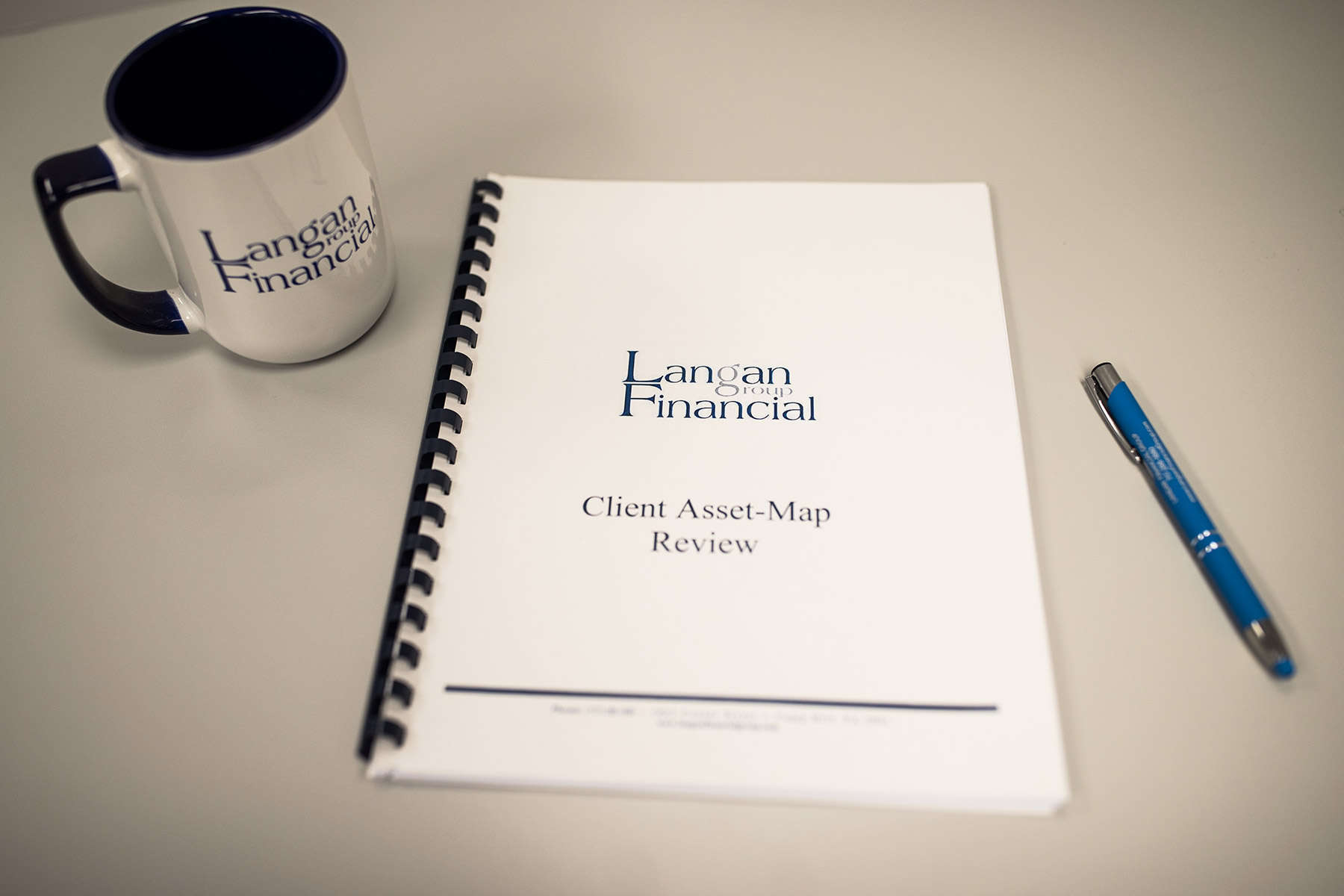TLDR
- Evaluate Credentials: Verify the qualifications and professional background of financial advisors or influencers.
- Cross-Check Information: Consult multiple reputable sources to confirm the accuracy of financial advice.
- Be Cautious of Promises: Avoid advice that guarantees quick financial gains or seems too good to be true.
- Understand Conflicts of Interest: Be aware of any affiliations or sponsorships that may influence the advice provided.
- Seek Professional Guidance: Consider consulting with a certified financial planner for personalized advice.
Social media has grown to be an important platform for exchanging and consuming information in the current era, including news and financial advice.
Although this accessibility has advantages, it also makes it difficult to distinguish between untrustworthy and trustworthy financial information resources.

Why is it so Hard to Identify Credible & Trustworthy Financial Sources on Social Media?
- Overabundance of Information: Social media platforms like TikTok and Reddit contribute to the challenge by flooding users with a vast amount of information, including financial advice and news.
The short-form content on TikTok and the anonymous nature of Reddit can lead to oversimplification and lack of accountability.
- Lack of Regulation: These platforms have limited content moderation and fact-checking mechanisms compared to traditional media, making it easier for misinformation to spread unchecked and unrebutted.
TikTok is known for its influencer culture where creators may prioritize income and entertainment over accuracy.
- Confirmation Bias: Users on platforms like Reddit often form communities around shared beliefs or investment strategies, creating echo chambers that reinforce confirmation bias.
This bias can make it challenging to objectively evaluate the credibility of financial information.
- Viral Misinformation: TikTok and Reddit are susceptible to the rapid spread of misinformation, including misleading claims about get-rich-quick schemes or investment strategies.
Without proper scrutiny, users may fall victim to scams or make uninformed financial decisions.
How to Determine Good Financial Advice Sources from Bad
- Check Credentials and Expertise: When encountering financial advice on TikTok or Reddit, verify the credentials and expertise of the source. Look for professionals with a proven track record in finance and investment.
- Look for Transparency: Good sources provide transparency about their methods, data sources, and any potential conflicts of interest. Be cautious of content that lacks transparency or makes exaggerated claims.
- Cross-Verification: Cross-check information from TikTok, Reddit, or any social media platform with reputable financial news sources like Bloomberg or CNBC. Multiple reliable sources corroborating information increase its credibility.
- Evaluate the Tone and Promises: Be skeptical of overly sensational or unrealistic claims made on social media platforms. Reliable financial advice is typically grounded in realistic expectations and thorough analysis.

Managing Financial Misinformation from TikTok and Reddit
- Critical Thinking: Encourage users to approach financial content on TikTok and Reddit with critical thinking. Question claims that seem too good to be true and seek evidence-based advice.
- Verify Sources: Always verify information from TikTok, Reddit, or any social media platform with reputable financial news sources and regulatory bodies. Do not rely solely on social media for financial decision-making.
- Use Reliable Tools: Leverage fact-checking websites, financial regulators’ resources, and professional networks to verify financial advice obtained from social media platforms.
- Educate Users: Promote financial literacy and educate users about the risks of following unverified advice or falling for investment scams propagated on TikTok, Reddit, and other social media platforms.
It can be difficult to navigate the vast and frequently untrustworthy world of financial advice on social media. People can more easily recognize trustworthy financial information by using critical thinking techniques, verifying credentials, and utilizing trustworthy tools and sources. Making wise financial decisions requires diligence and skepticism in an era of widespread misinformation.
If you have questions or need help verifying financial information, please contact our office. Our team is here to provide expert guidance and ensure you make well-informed financial choices.
About the Financial Author

Alexander Langan, J.D., CFBS, is the Chief Investment Officer at Langan Financial Group. In this role, he manages investment portfolios, acts as a fiduciary for group retirement plans and consults with clients regarding their financial goals, risk tolerance and asset allocation.
With a focus on ERISA Law, Alex graduated cum laude from Widener Commonwealth Law School. He then clerked for the Supreme Court of Pennsylvania and worked in the Legal Office of the Pennsylvania Office of the Budget, where he assisted in directing and advising policy determinations on state and federal tax, administrative law, and contractual issues.
Alex is also passionate about giving back to the community and has helped establish The Foundation of Enhancing Communities’ Emerging Philanthropist Program, volunteers at his church, and serves as a board member of Samara: The Center of Individual & Family Growth. Outside of work and volunteering, Alex enjoys his time with his wife Sarah and their three children, Rory, Patrick, and Ava.
About Langan Financial Group
Langan Financial Group is an independent financial planning firm with two offices. One is located outside of Harrisburg, Pennsylvania with the other in York, Pa. Established in 1985, Langan Financial Group offers a broad range of financial planning services. With an open architecture platform, our advisors have access to a diverse range of products, free from any sales quotas. Our team of financial experts, each with unique specialties, enhances our ability to deliver value to clients.
Disclosures
The information in this material is not intended as tax or legal advice. Please consult legal or tax professionals for specific information regarding your individual situation. The opinions expressed and material provided are for general information.



